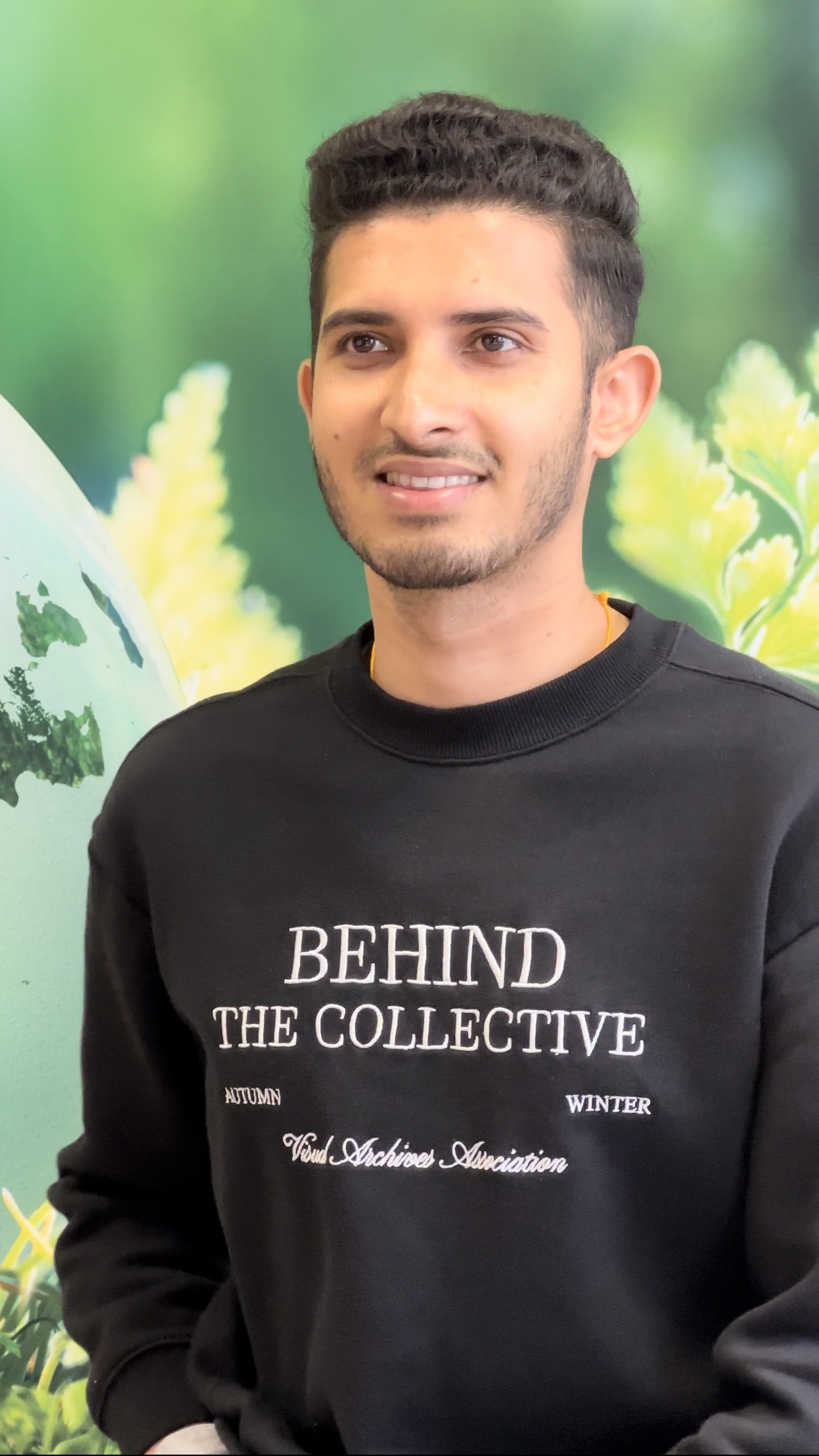
Cultural differences in our workplace: Dutch directness
Meetingselect

When planning meetings with international colleagues or clients, being aware of cultural differences and nuances is essential. Effective communication amongst a diverse group means understanding the contrast and similarities between various backgrounds. The Dutch direct communication style became a point of discussion among colleagues at Meetingselect’s Annual Internal Summit. So, to dive deeper into this, we’ve interviewed 2 of our Dutch employees; Thomas and Willemijn, plus 2 of our international colleagues; Sara from Lebanon and Tushar from India.
The Dutch perspective
How would you describe the perceived Dutch direct style of communication?
- Thomas: “To me, it's a way of getting things done. If that’s said, there's no other meaning behind it. If we say to go to the right, then we go to the right. We don't go to the right. It's easy.”
- Willemijn: “I think it's how we always say what we think. Straightaway, you know how we feel about something. We care for another one's feelings, but we don't pamper them.”
What are the benefits of communicating directly?
- Thomas: “You don't have to go back and forward. I mean what I say. There's no reading between the lines.
- Willemijn: “It's clear what someone wants and expects from you. I want to improve myself every day, and if people give you feedback in a direct way, I understand what I need to do differently.”
What do you notice when communicating with colleagues from other countries?
- Thomas: “That depends on the country. I would say that with the Germans, for instance, it's relatively similar. Other countries start with small talk or work around what they truly mean to say. I'm used to being direct, which is not an insult; it's meant as: ‘This is what I think. Come back with what you think. And then we find consensuses.”
- Willemijn: “In the HR department, we mention to our candidates during our hiring process that we’re a Dutch company, that we're very direct and ask if they can handle that. Most of our colleagues now like that directness. Of course, sometimes something could’ve been said more cautiously, but that's also how we learn.”
The international perspective
Can you describe the communication style of your culture?
- Tushar: “Being an Indian, our culture has a very content way of speaking. We try to treat each other emotionally, and we think twice before saying anything. It creates a family bond with our colleagues, and we try to be very secure in speaking.”
- Sara: “Lebanese culture is different from the Dutch. As highly emotional people, we tend to make things sound better, not to hurt the feelings of others. We also use a lot of body language and eye contact. You’d need to guess what we’re saying, and I try to describe a similar scenario to get my point across.”
How do you experience the directness of Dutch colleagues?
- Sara: “When I started, I found it difficult because I'm not used to it. So, this was the first culture shock I had that we're very direct when we evaluate candidates or colleagues. They will give feedback and tell you ‘yes’ or ‘no’.”
- Tushar: “That was a shocker to me. When it came to working in India or Spain, both countries have a similar way of being and working professionally. But in the Netherlands, people were super direct from day one to day 70.i”
How has it affected your work and interactions within the company?
- Tushar: “When maintaining a family bond, you push tasks back and finish them at the last minute. This is not the case at Meetingselect. Everyone is very much focused on finishing their work. It has led to me improving my productivity.”
- Sara: “It's less stressful. In my country, we work with hierarchy, which means you’re not allowed to share your opinion if you’re not a manager. Regardless of the order, you can say whatever you want in a good way. It's more easygoing, and this facilitates my work.”
Learnings to collaborate better
How has Dutch directness strengthened communication between colleagues?
- Tushar: “I come from a background where it's all about maintaining relationships. Here, parallel to maintaining relationships; we focus on getting things done. It has helped me communicate better in personal and professional spaces.”
- Sara: “Everyone feels that Meetingselect is open to everyone’s opinion, regardless of position, nationality, or status within the company. This is why our colleagues are pleased with the company's culture.”
- Thomas: “Of course, in the end, your boss is your boss, and you do what they tell you to do, but you have the choice of voicing your opinion and being heard. It fosters autonomy and collaboration. Sharing our thoughts, whether eventually incorporated or not, often leads to insights that would’ve never come up had we remained silent.”
And in what ways has it been challenging?
- Tushar: “It was a bit difficult at the start. I was trying to understand whether it was coming from a rude prospect or if it was the usual way of speaking.”
- Willemijn: “I have an anecdote. We used to work with a hand method when doing our appraisal interviews. The thumb represented ‘what’s going well?’, the pointer finger ‘what needs attention?’, the middle finger ‘what's not going well?’, the ring finger ‘What are you loyal to?’, and the pinky was ‘what do you feel small in and how do you want to grow?’. Some cultures were shocked that the middle finger was in one of our official templates. It was fascinating because this never occurred to us as unprofessional. We deleted it to ensure everyone felt comfortable, but it was a fun lesson!”
If so, how have you adapted your communication style when working with other cultures?
- Sara: “I've learned to speak bluntly and am not afraid to say I'm not okay with something. Also, I’ve noticed there’s still respect for being direct. Someone will ask if I mind doing a task or not. This is very nice.”
- Thomas: “Not necessarily regarding Dutch directness, but more about who I'm talking to. The same way you’d not speak to a toddler the same way as an adult. Not saying that Dutch directness is any of those two, but you change your form of communication depending on whom you talk to. I'm still learning about the cultural differences and in which situations I should and shouldn’t adapt. Also, people change. So, it's a learning path that evolves.”
Do you think other cultures should incorporate more directness?
- Tushar: “For sure. Bas direct as possible is the best way to improve your workspace, regarding the authenticity of your workspace and the relationship between colleagues.”
- Sara: “Yes, but it's essential to be more flexible depending on the situation.”
- Thomas: “Other cultures should incorporate more directness in general; it moves us forward. I'm not stuck in an email loop with someone, being nice when I’m mad, or putting much effort into unnecessary things. Whether you talk around it or are direct, you can only influence the person making the final decision.”
- Willemijn: “You can learn from all cultures, and there are always things you never thought of.”
What’s your advice for Dutch and international colleagues in working together?
- Tushar: “People come from different cultures and must learn that this is how things are done here. Initially, get to know them better, understand their mindset or workspace, and then help them become more indulged in the Dutch space.”
- Thomas: “Don't change yourself to anyone's culture, be yourself, do your own thing, and stick to that. What someone intends is ultimately who they are, not what the impact of it was. But keep in mind how others might perceive it. Think about the cultural difference that exists and try to understand it. Because likewise, the impact or other person’s reaction is also who they are. After a conversation, you can go back to someone to explain it. Whether you were too direct or not direct enough, it's never wrong to take that time to elaborate.”


